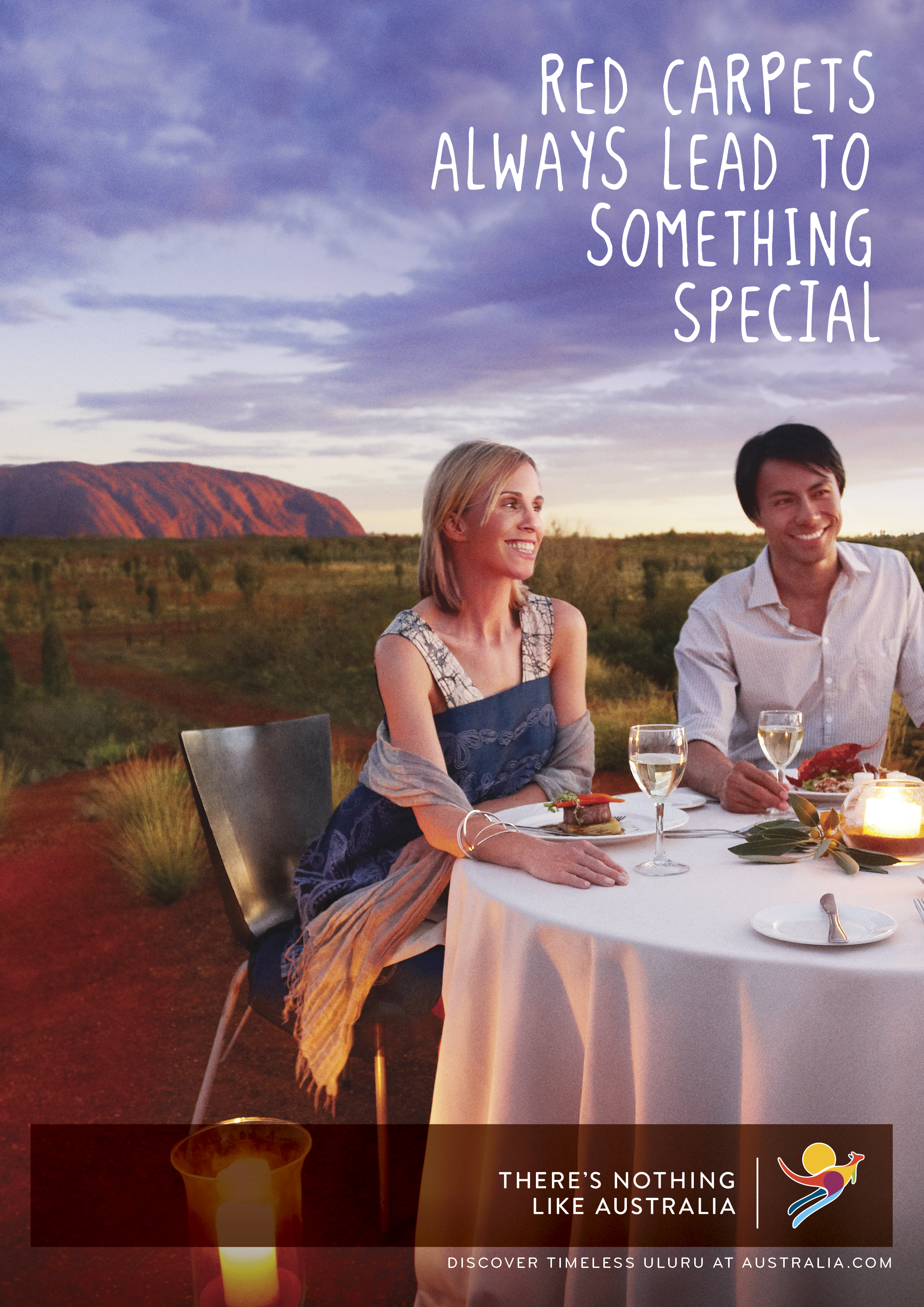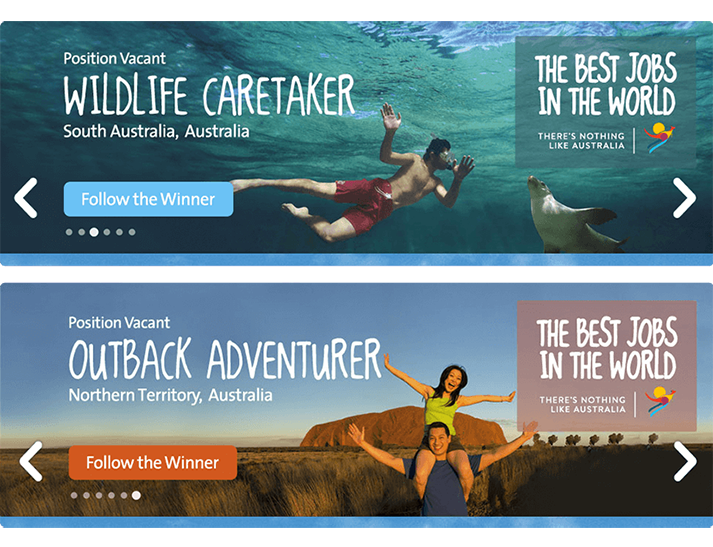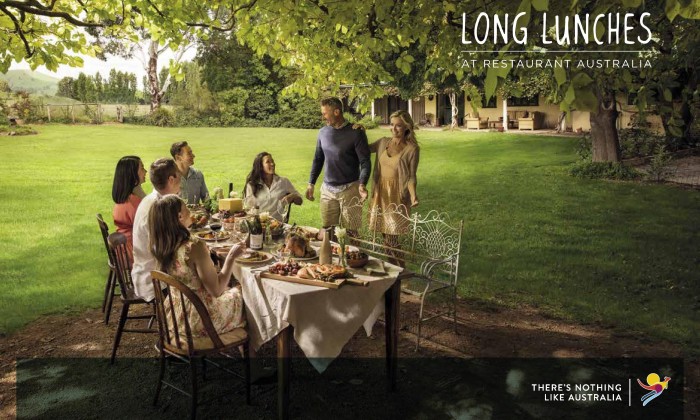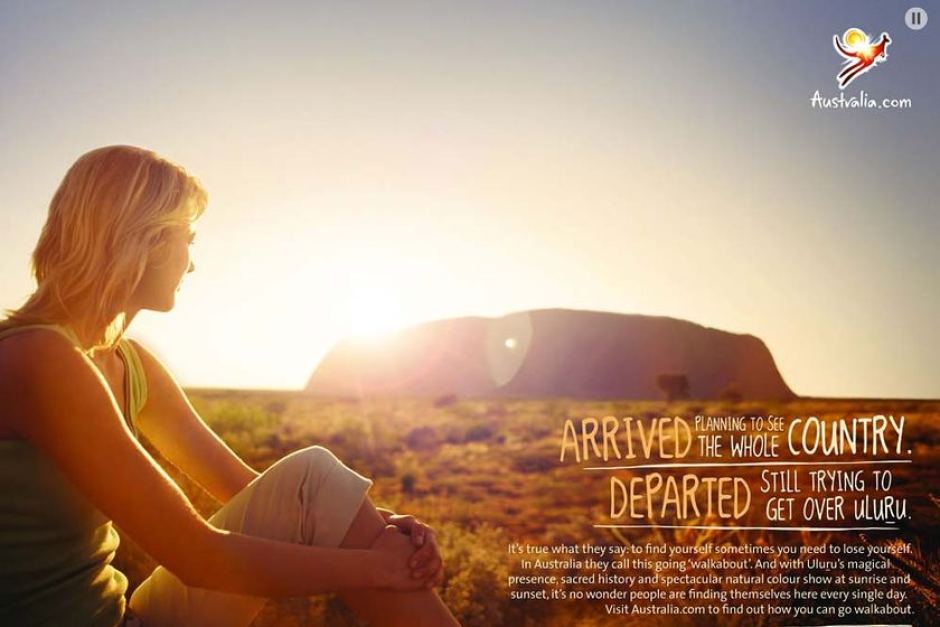//HOTEL MARKETING: TARGETING YOUR GUESTS
Understand your guests and develop a kick-ass plan to attract them
5 min read
Before looking at more creative ways to increase your overnight bookings, you first need to define who you are talking too and essentially who your perfect guest is. Defining your target market sounds straightforward, but it’s amazing how many people get this so fundamentally wrong or have never even tried to do so.
Taking this into consideration we spoke to one of the smartest strategic thinking minds in tourism advertising, Al Crawford. Originally from London, Al has had great success in some of the best advertising agencies around the world. We asked him why it’s important for an hotelier to understand their target market, and the major do’s and don’ts of attracting the best customers to your brand.
“Having a clear idea of who your target market is, or could be, and then catering to them brilliantly is crucial to success. Tourism Australia was always brutally clear about its eight key target markets and the demographics of the people coming from those markets.
“So in the West, the UK and US were two high-spending markets, but it was the older, more upmarket, empty-nester tourist with more time on their hands – given the distance involved – that would visit Australia. Adventurous trips across the length and breadth of the country aren’t a problem for these guys.
“Eastern markets like China, where a younger group of tourists wanted to pack in as much as they can in as short a time as possible meant a different kind of messaging – often more about key cities and easy hops to famous landmarks and experiences.
“At an individual business level, understanding your guests will help you play to their motivations. At a very simple level, it might change the kind of accommodation or food you lay on, or the restaurant recommendations you make, as well as what kind of local experiences you suggest.
“The do’s and don’ts are also in line with this. Do understand who your key target markets are, what characterises them and what they’re looking for, and play to this. It’ll get them to visit and then recommend you to their friends. Conversely, don’t try and market your business to a group of people for whom it would never appeal. That’s just wasting time and money. And don’t assume you understand your audience – you’ll need to continuously keep up to date with their needs and wants as they change all the time.
"The following three points are worth going through to help work out how you will start attracting guest to your accommodation business.
1. Understand what your point of difference is and leverage it relentlessly.
The independent accommodation business has become fiercely competitive with a huge array of choice for any potential tourist. Having a clear point of difference helps you to stand out from the crowd and will massively improve your chances of converting potential guests into actual ones. It’s worthwhile doing an audit of your key competition, as well as digging deep into your own offering to discover what makes you unique, and then making this the key element of your marketing. It could be something functional like the quality of the offering, the unique location or fit-out, or it could be something more human like the warmth and hospitality of the hosts or the deep local knowledge you possess. Whatever it is though, it can’t be puffery. It’s got to be true or you’ll be found out very quickly. When it came to marketing for Tourism Australia, we were faced by the same dilemma; what makes us utterly unique? Our data revealed two things. The first was unsurprising, but vital. There’s still no place on earth that has the same beaches and ocean as us. The second was obvious to us, but incredibly surprising to tourists – our food and wine rivals the likes of France and Italy. The past two years has been spent hammering away at both of these points and we’ve seen tourist numbers pick up as a consequence.
2. Collect data, no matter how anecdotal
Tourism Australia obviously had deep pockets for big research studies, but small businesses can still collect a surprising amount of information about their guests. Speak to your customers and find out what turns them on and off, what they saw in your offering and how it can be improved. There’s also a treasure trove of information that’s just a click away online, whether it’s the Tourism Australia website or broader information on the motivations of some of the different cultures that visit us.
3. Invest in your online presence
Running a small business is a 24/7 operation. However, investing in your virtual presence in this digital world is crucially important. Many customers’ first experience of the business will be through your ‘owned’ assets like your website, Instagram or Facebook page. Keeping these in good working order and, better still, using them as a way of bringing to life your key points of difference through customer feedback or interesting visual content, will help you rise above the sea of sameness.”
It's your turn now. DOWNLOAD our free and very simple checklist below to get you started. Defining who your perfect guest is will not only help you, but also your staff and marketing teams.










